TEAM V.Blasco-Baque
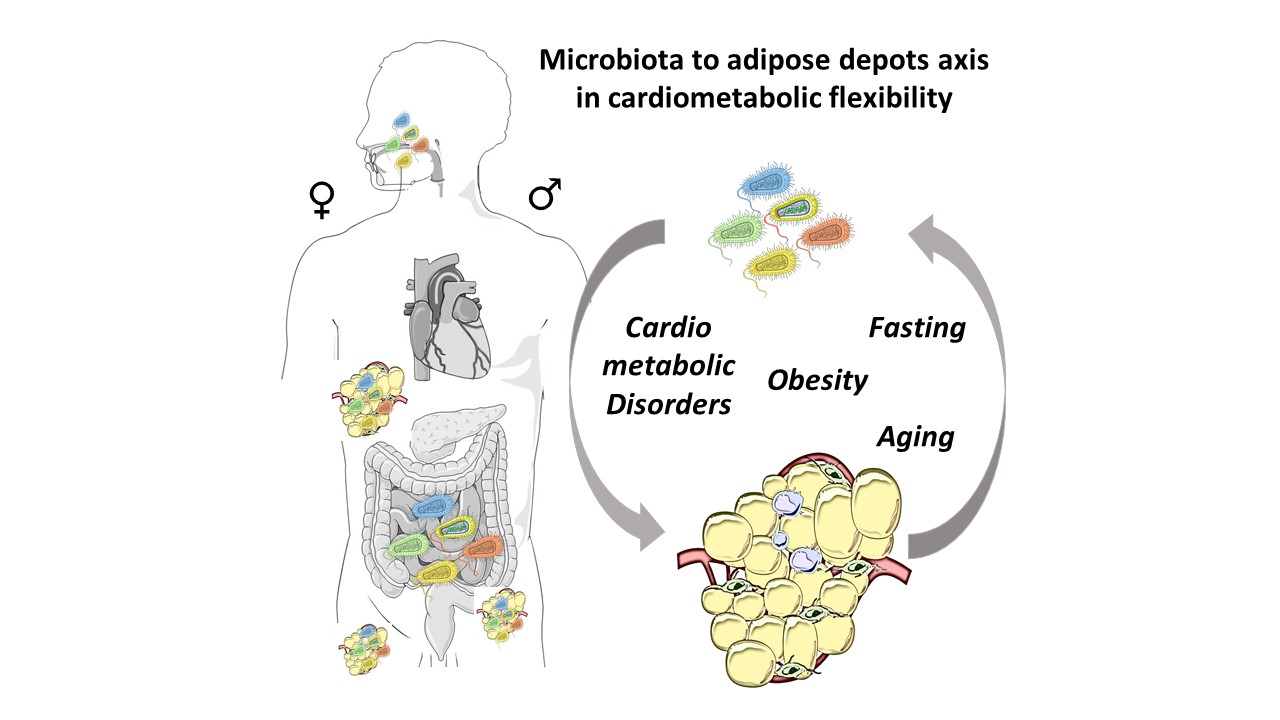
InCOMM: Oral microbiota – risk factor for cardio-metabolic phenotype
Our team focuses on translational clinical research to understand the molecular mechanisms through which the human oral and intestinal microbiota regulate cardio-metabolic diseases in humans.
Team

Vincent BLASCO-BAQUE

Rémy BURCELIN

Christophe HEYMES

Pascale LOUBIERES

Matthieu MINTY
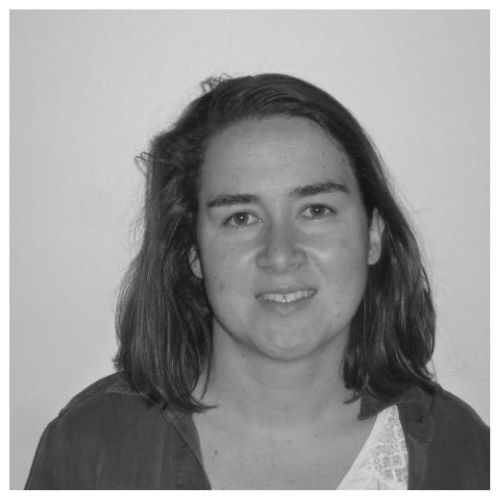
Charlotte THOMAS
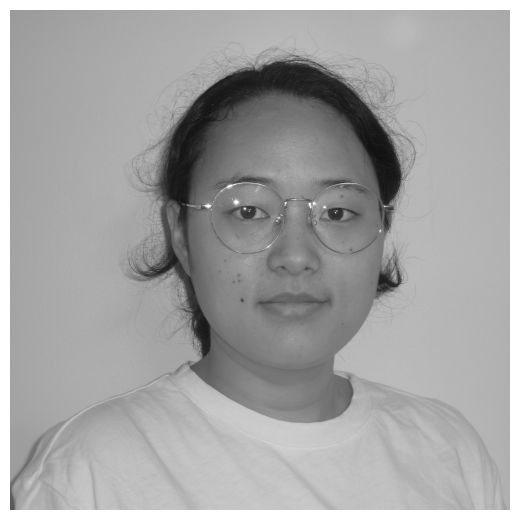
Jiuwen SUN
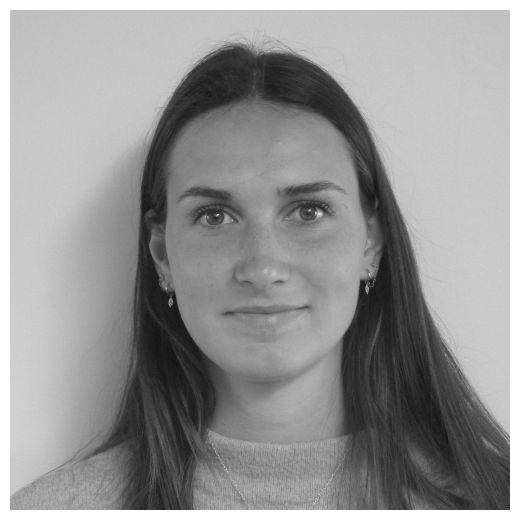
Swann DIEMER

Maxime LUIS

Geraud Tuyeras

Alison PROSPER

Matthieu MARTY

Laura PASCALIN

Emma STURARO

Bertrand Marcheix

Yara Hallal

Luna Desnot

Pierre JEHLE

Jacques AMAR

Ines Labat

M. Halpern-Herla
Microbial dysbiosis, adipose tissue heterogeneity and cardiometabolic dysfunction
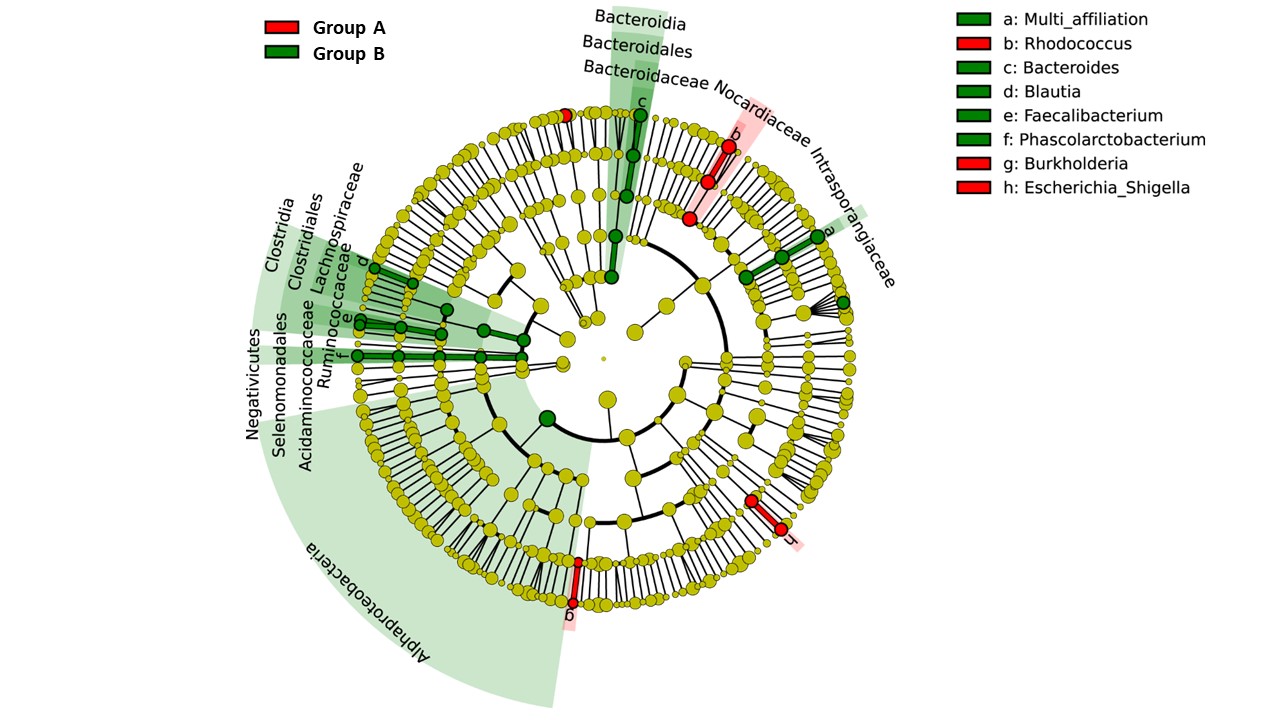
Coordinators : Vincent Blasco-Baque, Rémy Burcelin
Associated coordinators: Géraud Tuyeras, Pierre Brinas, Jiuwen Sun
Our objectives are the creation and analysis of large-scale databases (metagenomic, transcriptomic, metabolomic) of adipose deposits and tissue and oral microbiomes from human and murine cohorts (including axenic mouse lines colonised by human microbiota) in contexts of obesity and ageing as a function of gender. Links with clinical/biological data are analysed by machine learning strategies (development of new algorithms) in order to extract information that classifies and/or predicts cardiometabolic phenotypes and to propose new molecular relationships between tissue bacteria and adipose depot cells.
DYNAMICS AND ADAPTAbility OF THE MICROBIOTA/ADIPOSE DEPOT AXIS: METABOLIC AND PRE-PROBIOTIC FLEXIBILITY
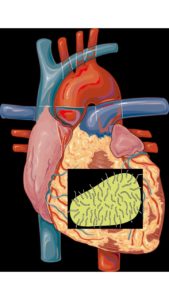
Coordinator : Christophe Heymes
Using a nutritional approach (based on the use of a prebiotic), the objectives during the development of obesity/diabetes are 1) to study intestinal and tissue dysbiosis (adipose tissue and heart); 2) to study the effects of Polydextrose (prebiotic) on these dysbiosis and the impact on cardiac dysfunction; 3) to identify new probiotics and bacterial metabolites responsible for the observed effects; 4) to identify molecular mechanisms (peptides, proteins secreted by the intestine and/or the adipose tissue) mediating in part the observed effects.
Identifier les acteurs moléculaires du microbiote sur les maladies cardio-métaboliques dans des cohortes humaines
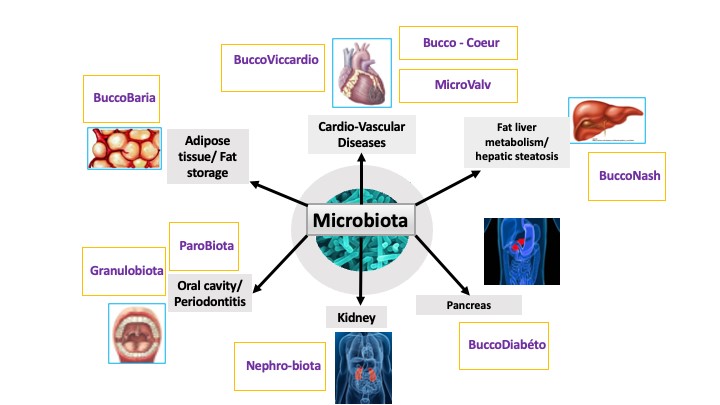
Coordinateurs : Vincent Blasco-Baque
Nos objectifs sont la création et l’analyse de banques de données larges échelles (OMICs cliniques, métagénomiques, transcriptomiques, métabolomiques) de microbiotes tissulaires et buccaux issus des cohortes humaines dans le contexte des maladies cardio-métaboliques. Nous réaliserons aussi une bio-banque de tissus et de microbiote afin de réaliser les liens avec les données cliniques, biologiques et métagénomiques.
BuccoBaria Coordinateurs associés : Géraud Tuyeras, Pierre Brinas, Sylvie Lê
BuccoViccardio Coordinateurs associés : Thibault Canceill, Matthieu Minty
Bucco Cœur Coordinateurs associés : Matthieu Minty
MicroValv Coordinateurs associés : Jacques Amar, Jean Porterie
BuccoNash Coordinateurs associés : Matthieu Minty
BuccoDiabéto Coordinateurs associés : Charlotte Thomas, Maxime Luis
NephroBiota Coordinateurs associés : Sylvie Lê
Granulobiota Coordinateurs associés : Franck Diemer, Marie Georgelin- Gurgel, Manon Saucourt
Parobiota Coordinateurs associés : Charlotte Thomas, Sylvie Lê
Coordinateurs techniques associés sur l’ensemble des projets : Vincent Azalbert, Pascale Loubières, Swann Diemer
BetinFLAM
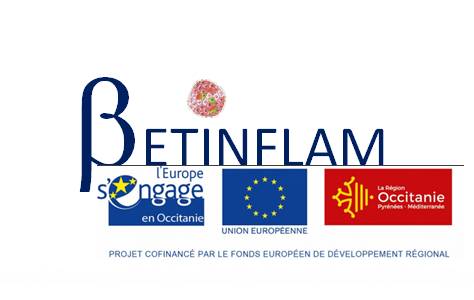
Coordinateur : Rémy Burcelin
Le projet Betinflam est une collaboration entre l’équipe Dynamix de l’Inserm Toulouse et l’entreprise Cell-easy à Toulouse. L’objectif est de mettre au point un procédé de mesure de l’impact de molécules bactériennes sur le développement de la sénescence d’une lignée humaine de cellules Béta d’îlot de Langerhans ». Ce procédé permettra de tester l’impact de stratégies thérapeutiques basées sur le microbiote intestinal et tissulaire, notamment dans le domaine du cancer et du vieillissement.
Bactage
Vieillissement, pathologies musculaires et dysbiose intestinale : Validation d’une approche nutritionnelle par un prébiotique, le Polydextrose, et des bactéries amplifiées par ce composé comme traitements préventifs ou thérapeutiques.
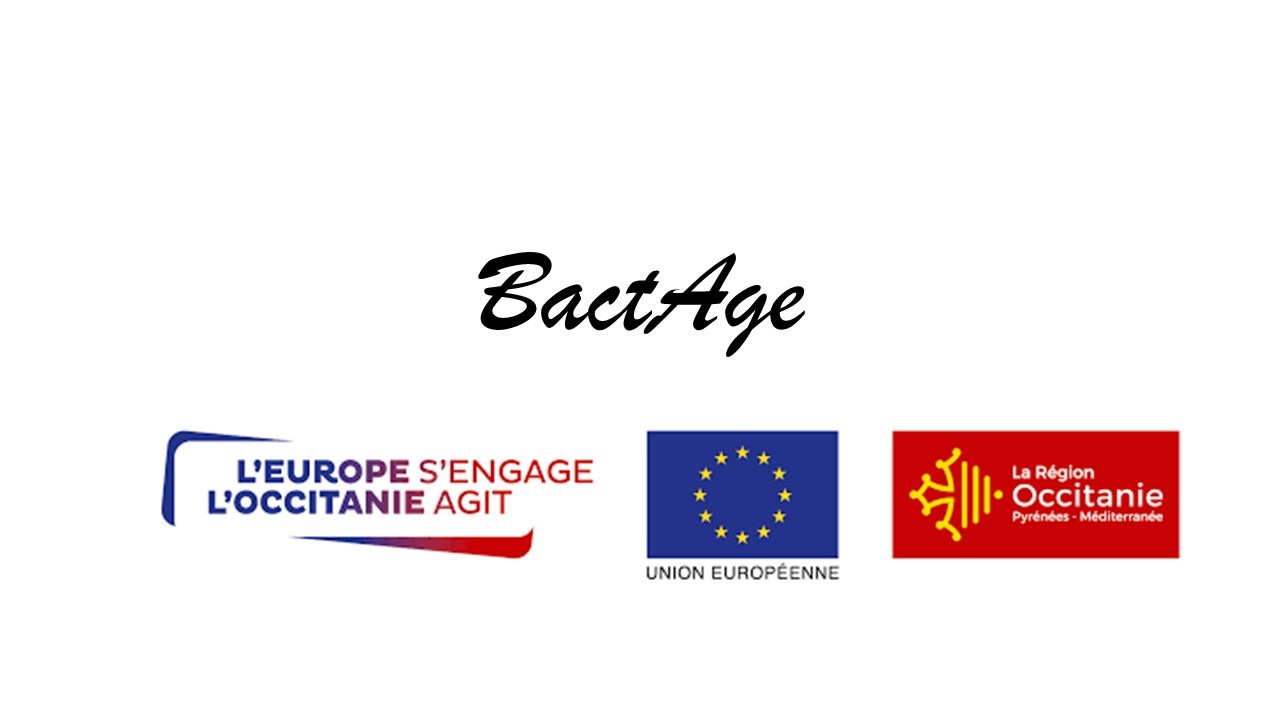
Coordinateur : Christophe Heymes
Le projet BactAge est une collaboration entre les équipes toulousaines InCOMM de l’I2MC, METEBOLINK de RESTORE et l’entreprise Lallemand SAS à Blagnac. L’objectif général est de valider l’hypothèse selon laquelle le traitement de la dysbiose du microbiote intestinal, à l’aide d’un prébiotique tel le Polydextrose, retarderait le développement de la sarcopénie et de l’IC associées à l’âge.
THINKGUT
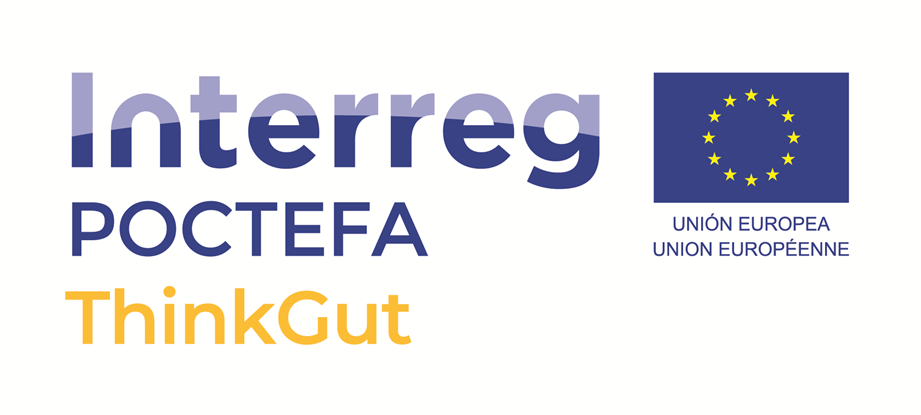
Coordinator : Rémy Burcelin
ThinkGut is a research project led by the Institut d’Investigació Biomèdica de Girona Dr. Josep Trueta (IDIBGI) in association with I2MC’s InCOMM team and the SME Enterosys SAS, investigating the role of gut microbiota in neurocognitive disorders associated with obesity and ageing. This project was 65% co-financed by the European Regional Development Fund (ERDF) via the Interreg V-A Spain-France-Andorra programme (POCTEFA 2014-2020).
More informations: https://thinkgut.eu/fr/
publications RECENTES
Obesity of mice lacking VAP-1/SSAO by Aoc3 gene deletion is reproduced in mice expressing a mutated vascular adhesion protein-1 (VAP-1) devoid of amine oxidase activity, Jargaud V, Bour S, Tercé F, Collet X, Valet P, Bouloumié A, Guillemot JC, Mauriège P, Jalkanen S, Stolen C, Salmi M, Smith DJ, Carpéné C. J Physiol Biochem. 2021. Pubmed
Detection of representative variables in complex systems wtih interpretable rules using Core-Clusters. Champion, C., A. C. Brunet, R. Burcelin, J. M. loubes and l. Risser. Algorithms 2021. Pubmed
Molecular phenomics and metagenomics of hepatic steatosis in non-diabetic obese women. Hoyles, L., J. M. Fernandez-Real, M. Federici, M. Serino, J. Abbott, J. Charpentier, C. Heymes, J. L. Luque, E. Anthony, R. H. Barton, J. Chilloux, A. Myridakis, L. Martinez-Gili, J. M. Moreno-Navarrete, F. Benhamed, V. Azalbert, V. Blasco-Baque, J. Puig, G. Xifra, W. Ricart, C. Tomlinson, M. Woodbridge, M. Cardellini, F. Davato, I. Cardolini, O. Porzio, P. Gentileschi, F. Lopez, F. Foufelle, S. A. Butcher, E. Holmes, J. K. Nicholson, C. Postic, R. Burcelin and M. E. Dumas. Nat Med. 2018. Pubmed
Lobular architecture of human adipose tissue defines the niche and fate of progenitor cells. Estève D, Boulet N, Belles C, Zakaroff-Girard A, Decaunes P, Briot A, Veeranagouda Y, Didier M, Remaury A, Guillemot JC, Ledoux S, Dani C, Bouloumié A, Galitzky J. Nat Commun. 2019. Pubmed
Senescence Alters PPARγ (Peroxisome Proliferator-Activated Receptor Gamma)-Dependent Fatty Acid Handling in Human Adipose Tissue Microvascular Endothelial Cells and Favors Inflammation. Briot A, Decaunes P, Volat F, Belles C, Coupaye M, Ledoux S, Bouloumié A. Arterioscler Thromb Vasc Biol. 2018. Pubmed
ILS NOUS SOUTIENNENT

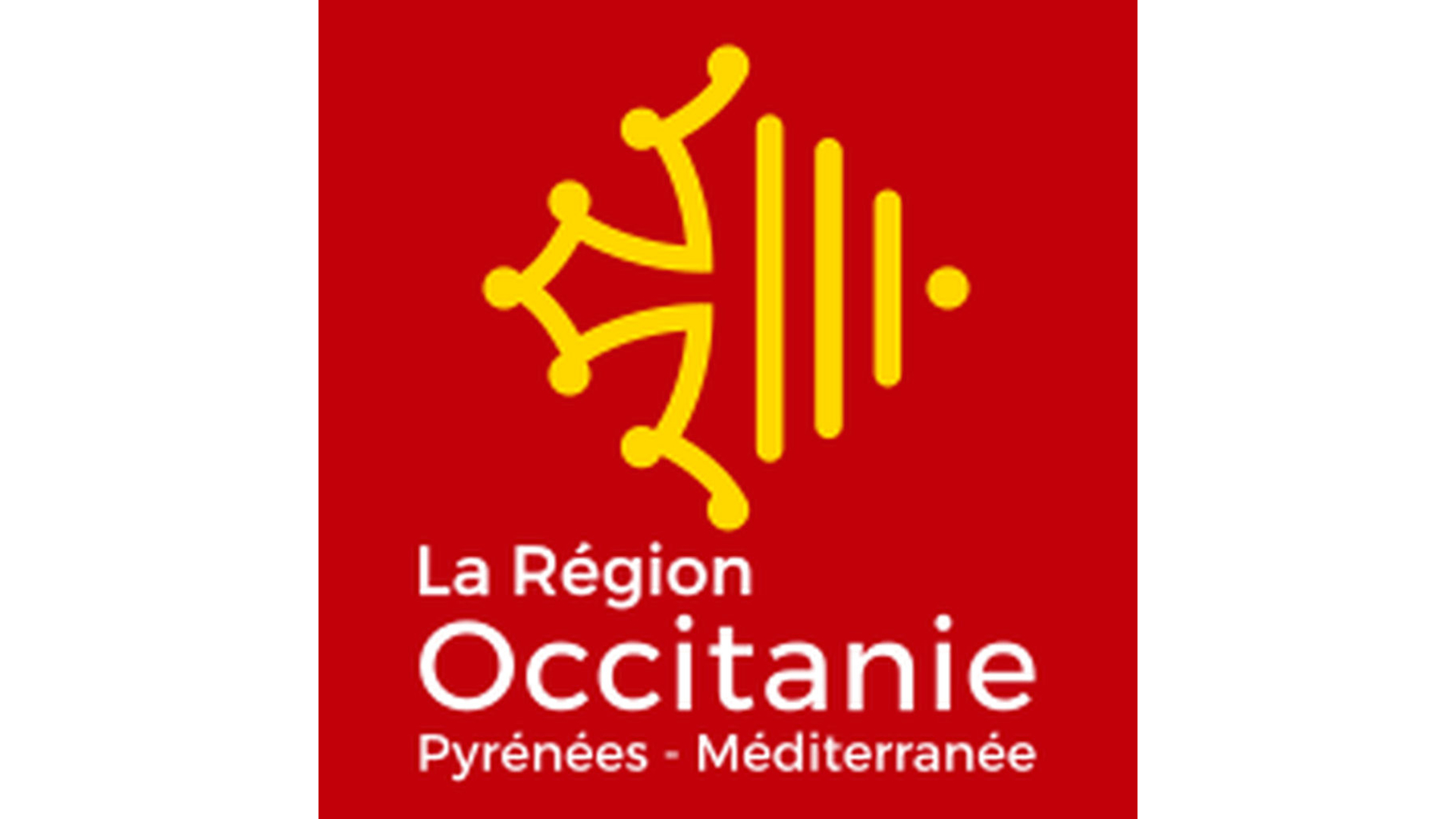


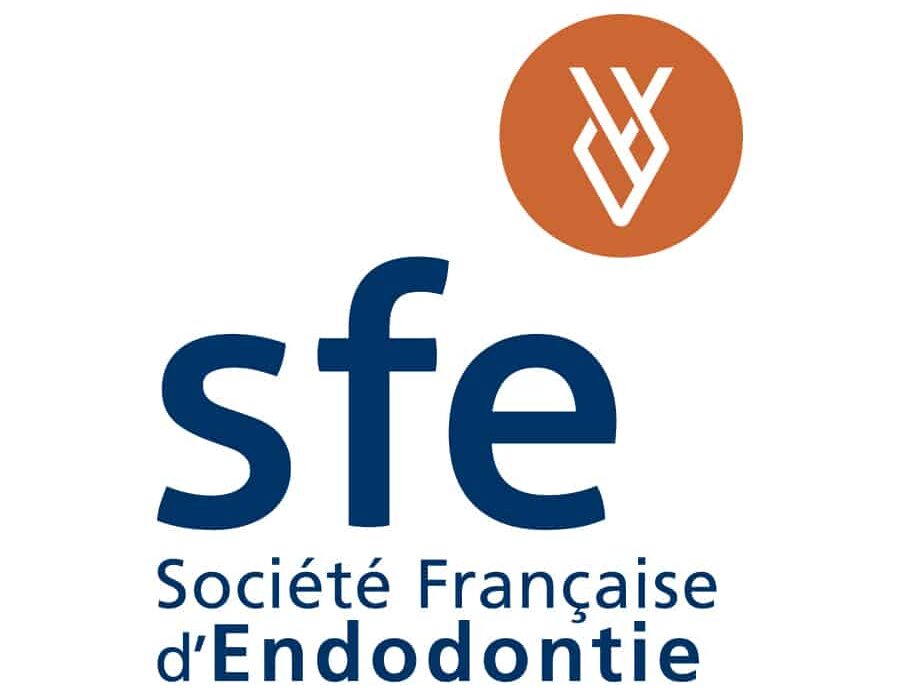




Inserm/UPS UMR 1297 - I2MC Institut des Maladies Métaboliques et Cardiovasculaires
1 avenue Jean Poulhès - BP 84225 - 31432 Toulouse Cedex 4
Tél. : 05 61 32 56 00
Horaires
Du lundi au vendredi
8h30 - 12h30 / 13h45 -16h45